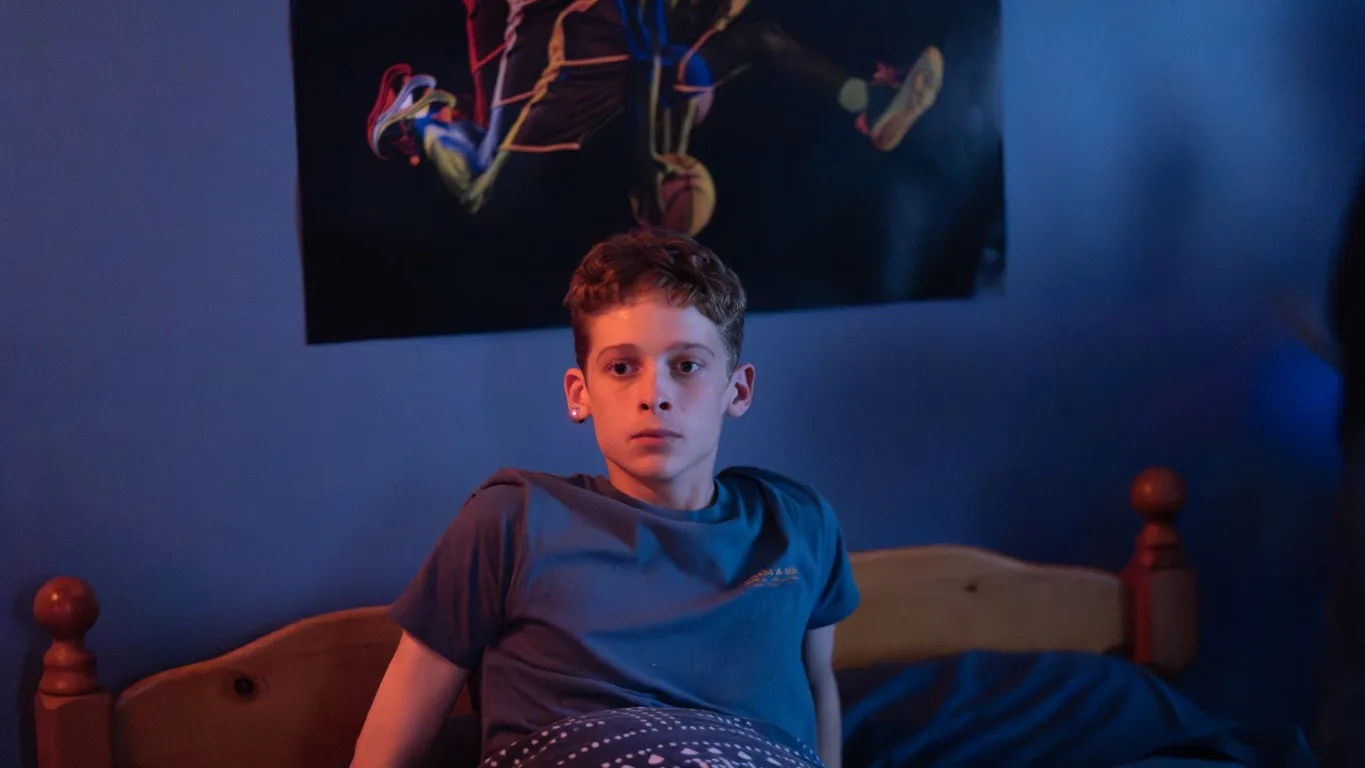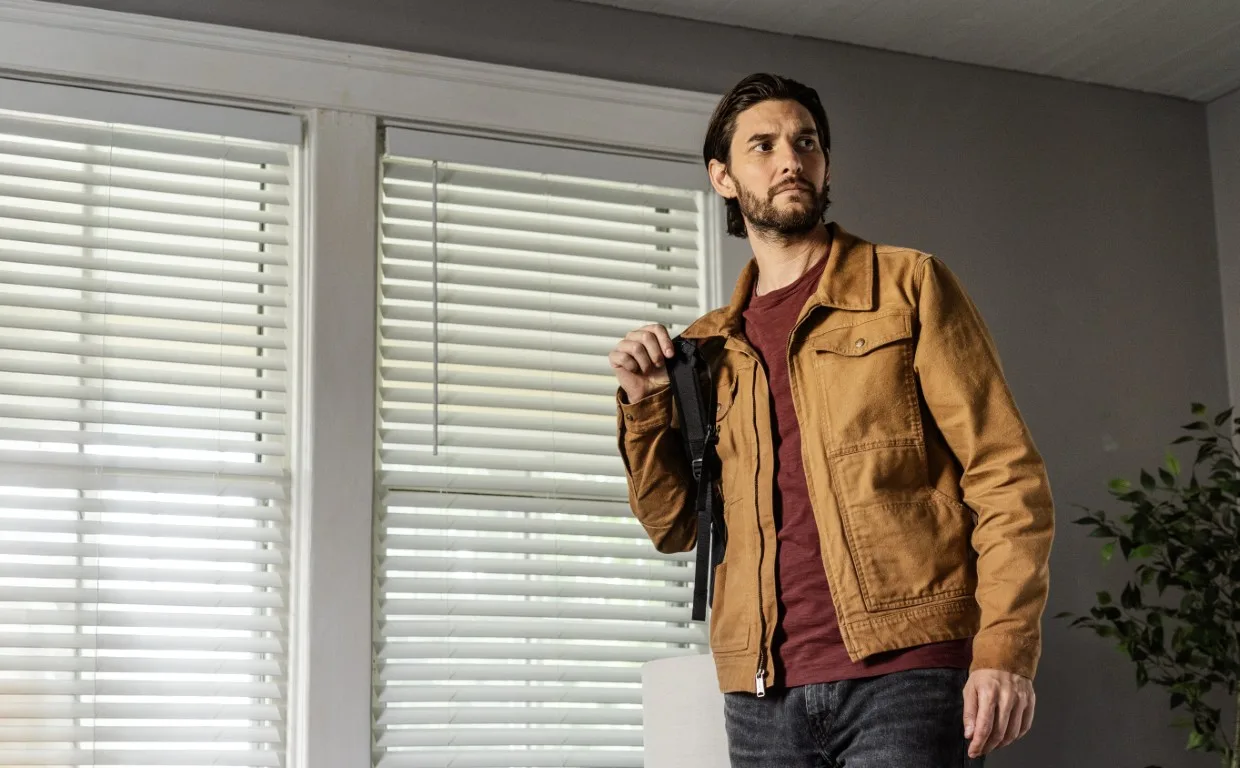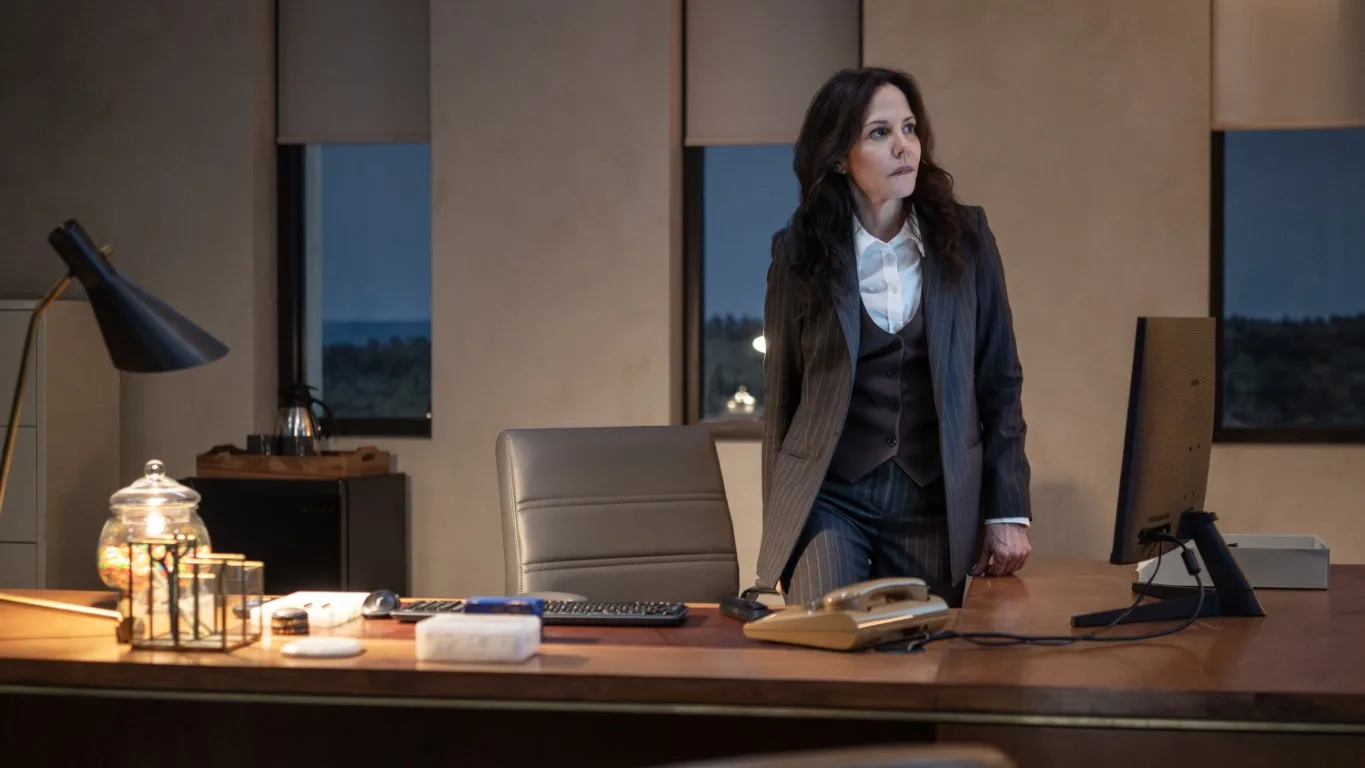A bit of “Minority Report,” a dash of “Stranger Things,” a lot of “The Shining,” and even a dollop of “One Flew Over the Cuckoo’s Nest” blend into a gray, bland soup in MGM+’s disappointing “The Institute,” an 8-episode series with a few decent ideas but shoddy execution, dull filmmaking, and leaden pacing. Stephen King is having his umpteenth moment in the pop culture sun with this, the upcoming “The Long Walk,” and the more-upcoming “The Running Man,” along with the release of his new novel Never Flinch, but this adaptation of his 2019 novel is an uninspired foray into themes that he’s explored better elsewhere.
The project required a team that was artistically willing to unpack and expand on the ideas of King’s novel, including how people in power are willing to sacrifice the next generation to achieve their goals, rather than merely adapting them as routinely as possible. Director Jack Bender has proven he knows how to do this kind of thing well with his work on “Lost,” “From,” and similar creepy endeavors, but this one will just make you sleepy when it’s not making you feel icky.
Newcome Joe Freeman is easily the best thing about “The Institute,” deftly playing the supernaturally gifted Luke Ellis, a 14-year-old with a massive IQ and some abilities that Mensa can’t quite explain away. One night, he’s kidnapped and finds himself in a replica of his bedroom in a facility called The Institute, a home full of children with special powers. (From The Shining to Carrie to Firestarter and so many more, there may be no more common King trope than the “special kid.”)
Split into two categories—TK (Telekinetic) and TP (Telepathic)—the students are experimented on for a mysterious greater purpose by a team led by the mysterious Ms. Sigsby (Mary-Louise Parker) and her right-hand man, Hendricks (Robert Joy), and her left-hand man, Stackhouse (Julian Richings).

If you’re looking for a show in which young actors pretend to be tortured to unleash their Shining-esque powers, this icky program is for you. Watching a kid who looks to be about 11 struggle for breath or another young person get smashed in the face with a dumbbell are only two of the lowlights in a program that doesn’t understand how to handle violence (and don’t get me started on the gross use of Holocaust imagery and vernacular, including literal use of the phrase “final solution”). When it’s integrated into a show with actual atmosphere and dread, images like those above become a part of a disturbing fabric. When everything that surrounds images of child torture is about as tension-raising as a Hallmark movie, it feels much ickier.
While Luke tries to mount a rebellion against his own Nurse Ratched, a newcomer in the town down the hill becomes suspicious of the gray plumes of smoke from the chimney at the “research facility.” Ben Barnes of “Westworld” plays Tim Jamieson, the new “night knocker” in this small town, a guy who just walks around to make sure all is well and discovers that it is not, but Tim makes his connections way too late. For more than half the season, Tim and his in-town subplots are a drag on the show’s pace because anyone who’s ever read or seen anything knows he’s eventually going to connect with Luke.

Everything about “The Institute” feels cheaply executed and barely considered creatively, like an obligation more than an artistic endeavor. Parker can’t hide her disdain for the cheesy dialogue, barely putting in the smallest amount of effort. She looks bored even as the world around her is crumbling. Barnes is better, but his character is treading water for roughly six episodes. Freeman is a charismatic and engaging lead who, along with a juicy villain performance from Richings, seems to be the only person who truly understands the assignment.
The creative team sure didn’t, although that’s likely due to a rushed production on a low budget because, again, Bender knows how to do this kind of thing better. There’s no tension in the production design, no creativity in the cinematography, no logic to the brief action sequences (there’s one involving a broken tree branch that’s SyFy Original-esque in its clunky editing). Even the episodic structure is annoying, as no effort was made to make each chapter satisfying on its own, essentially making it feel like an 8-hour film cut into roughly equal parts. Actually, it feels more like 16.
Whole season screened for review. Starts on MGM+ Sunday.












